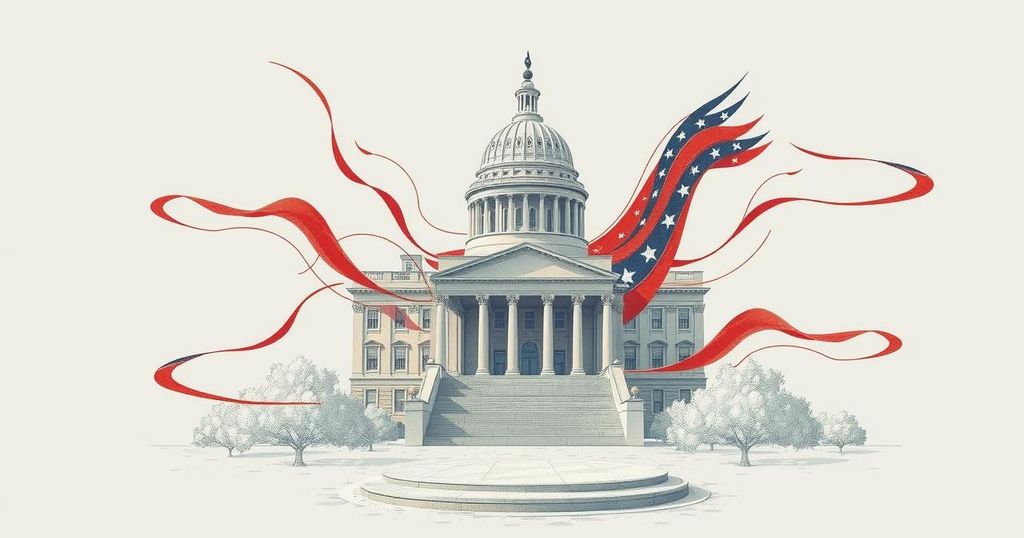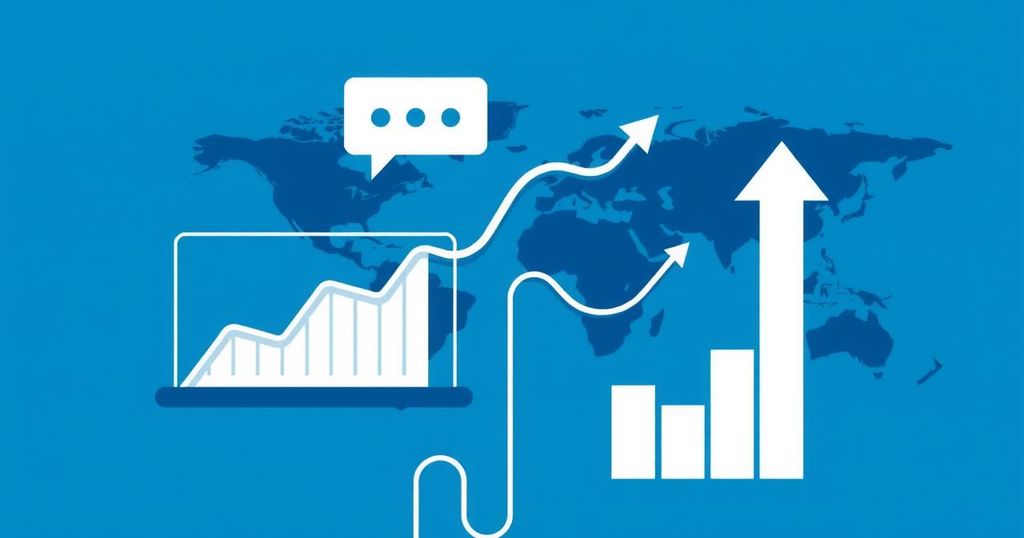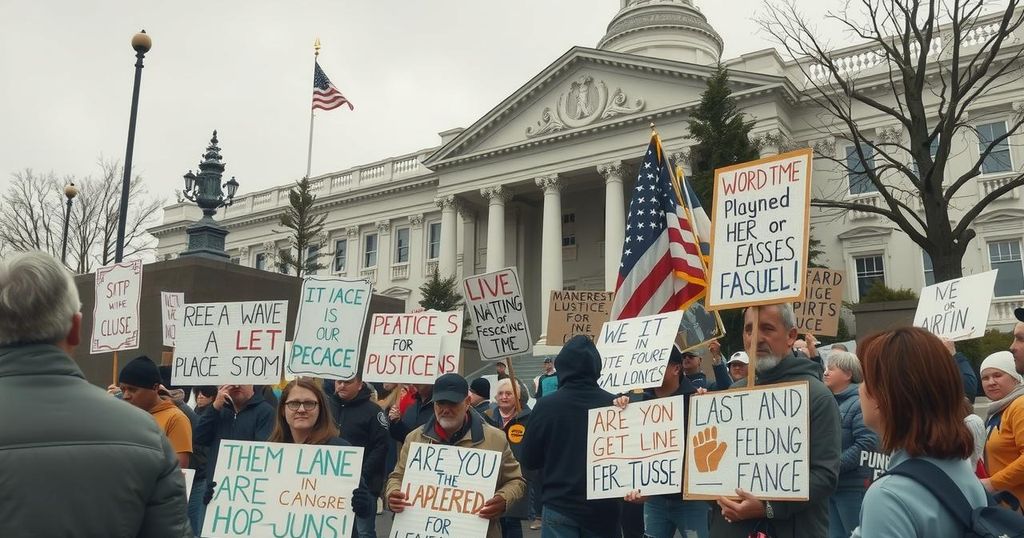Lebanon has elected new leaders—President Joseph Aoun and Prime Minister Nawaf Salam—sparking discussions on the potential decline of Hezbollah’s influence. Hezbollah, historically dominant, faces challenges from the new administration emphasizing unity and reconstruction, particularly in the Shiite community. There are indications of a shift in political power dynamics, yet considerable obstacles remain as Lebanon grapples with sectarianism and the entrenched political class.
Recent developments in Lebanon have introduced a new president and prime minister, prompting discussions regarding Hezbollah’s weakened position in the country’s political landscape. As a group that has maintained significant power for around two decades, Hezbollah has faced considerable challenges in recent months, which suggests that its dominance may be diminishing.
Amid a backdrop of recent political shifts, President Joseph Aoun and Prime Minister Nawaf Salam emphasize the importance of unifying the Lebanese populace and addressing crises affecting the Shiite community. The advances made by these leaders may represent a significant challenge to Hezbollah’s grip on military and political power, notably after Hezbollah’s abstention in the prime ministerial vote due to Salam’s expected success.
Hezbollah has historically claimed a monopoly over military power in Lebanon, yet recent discussions by Aoun and Salam indicate aspirations for dismantling this status. Their statements regarding the state’s exclusive authority over weapons and military operations suggest that Hezbollah’s hegemony is increasingly under scrutiny, raising critical questions about the future of its military operations, particularly in southern Lebanon.
Within the context of rebuilding post-conflict areas, Lebanon’s new leadership seeks to engage the Shia community by committing to rebuild the affected regions. Analysts posit that Hezbollah may have to acquiesce to state-led restoration efforts to foster international support and aid, effectively reshaping its role within Lebanon’s political framework.
The appointment of Prime Minister Nawaf Salam heralds a potential departure from Lebanon’s entrenched political landscape characterized by prominent political dynasties. Many Lebanese citizens express optimism for Salam’s leadership, perceiving it as a step toward greater accountability, justice, and adherence to the rule of law.
However, challenges remain significant. The Lebanese political scene is fraught with sectarian divisions, requiring Salam and Aoun to navigate a complex web of interests while pursuing necessary reforms. Experts contend that while the political class acknowledges the need for some reforms, opposition to comprehensive systemic changes remains entrenched, complicating the implementation of new policies.
Despite the obstacles present, there exists a unique opportunity for meaningful change in light of shifts in regional dynamics and international support. Analysts remain cautious yet hopeful that the new leaders can facilitate significant reforms needed to address Lebanon’s myriad crises, although doubts persist regarding the ability to dismantle Lebanon’s entrenched political system.
The political climate in Lebanon has recently undergone substantial changes, marked by the election of new leadership figures. Historically dominated by Hezbollah, the political landscape is evolving amidst setbacks faced by the group due to military engagements and its loss of key allies. This changing atmosphere creates potential for new governance models, raising questions around Hezbollah’s ongoing influence as well as its role in state affairs and military matters.
The emergence of new political leadership in Lebanon marks a critical juncture for the nation, presenting both opportunities and challenges. While there is potential for reform and a shift away from entrenched political norms, the resilience of Hezbollah’s influence and Lebanon’s complex sectarian structure pose significant barriers. Moving forward, the collaboration between President Aoun and Prime Minister Salam will be vital in addressing the pressing socio-economic issues and redefining the political landscape of Lebanon.
Original Source: www.aljazeera.com




